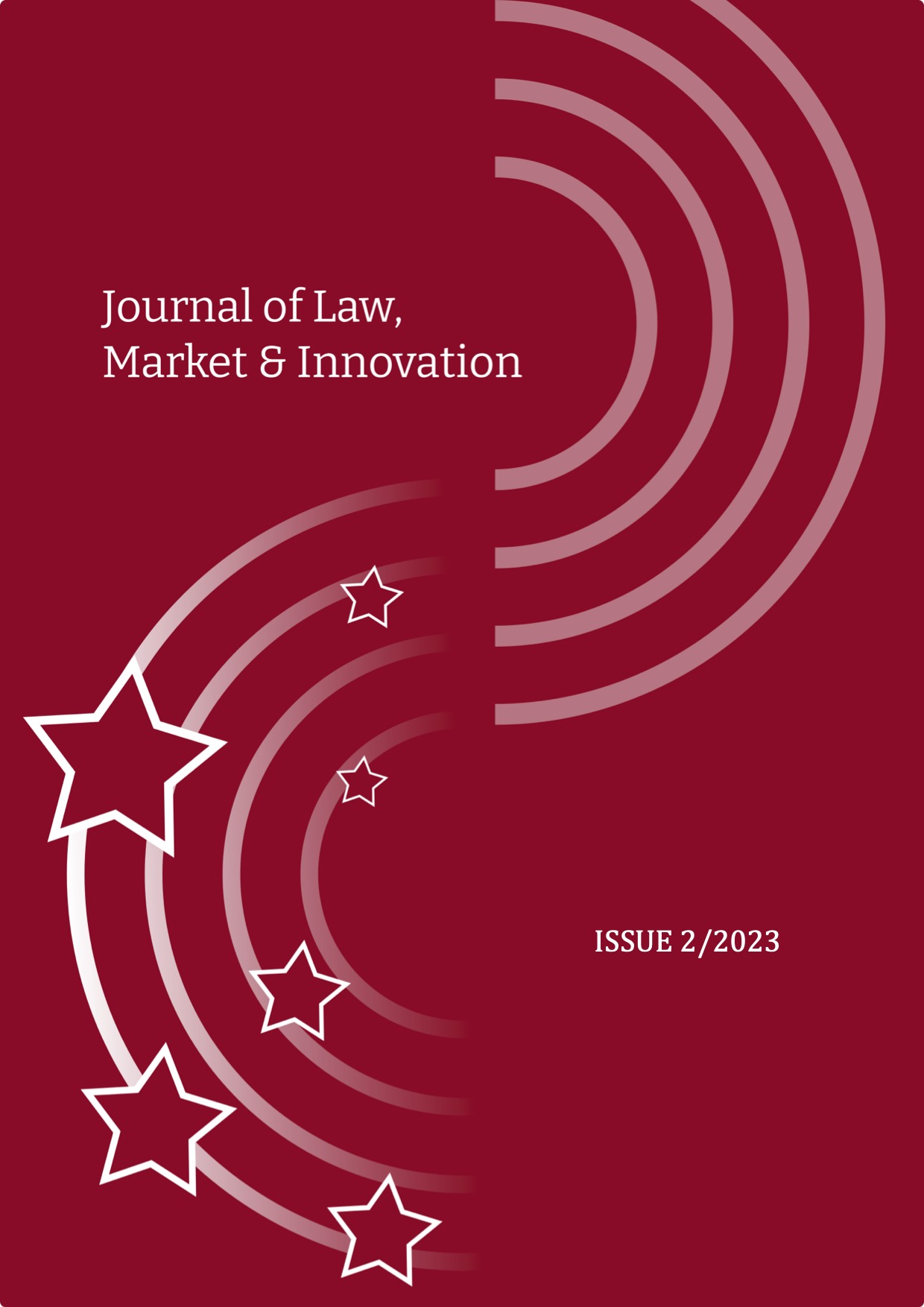Advancing space environmental safety: Is corporate social responsibility applicable?
DOI:
https://doi.org/10.13135/2785-7867/7953Keywords:
environmental protection, CSR paradigm, iuris spatialis, space debrisAbstract
This paper discusses hard law and soft law provisions within the legal context of space environmental protection. In a scenario where the private sector is rapidly growing, this study asks whether the corporate social responsibility could be a valuable soft law instrument in order to address the challenges derived by the increase exploration of outer space; the new space era is causing environmental hazards in space as well as pollution, and degradation.
Current space laws are not sufficient to address the complex issue of space debris and protect the space environment. The main treaty of the corpus iuris spatialis, the so-called Outer Space Treaty contains the keystone principle applicable in outer space; Article III - states that outer space activated must be conducted in accordance with international law- creates a pathway to apply the international environmental law regarding space activities. Furthermore, Article IX is important in the legal debate due to the interpretation of ‘harmful contamination’ and the due regard principle. Even if some Articles of the Outer Space Treaty can be read in accordance with the environmental protection, however, is not precise enough, the hard law has legal vacuums that need to be filled with tailored measures for outer space.
Soft law mechanisms to minimise the hazards of space debris, on orbit collisions, and to maintain its long- term sustainability have only lately been recommended by the international community as a result of the growth of space actors, especially commercial operators. The adoption of the 2019 Guidelines on the long- term sustainability of activities in outer space at Committee on the Peaceful Uses of Outer Space (COPUOS) can be seen as an understanding of the need to improve the legal protection of the space environment in order to achieve sustainability in space for the benefit of all humankind.
More specifically, this research looks at deepen our understanding of the applicability of corporate social responsibility (CSR) model in outer space for ensuring environmental safety within a sustainable strategy for outer space. Modern companies are not completely unfamiliar to ‘do-no-harm’ perspective. The resort to the political economy of CSR for space sustainability could be a valid innovative and complementary tool for addressing space environmental safety. Nowadays there are no biding instruments in the space law that require corporations to not harm the environment; it will be more likely to achieve these goals through soft law instruments.
The reduction and removal of space debris are now the subject of continuing discussion in international fora, although the international community has not yet established a course for future measures relating to environmental security in space.
This study suggests applying the CSR paradigm to the setting of business and space law while considering the issues of the interaction between hard and soft law. It is expected to develop tools that maximise the industry's ability to adapt to the needs of effectively protecting the space environment.



 EJIF has been approved for inclusion in
EJIF has been approved for inclusion in  The Journal of Law, Market & Innovation is indexed in
The Journal of Law, Market & Innovation is indexed in  The Journal of Law, Market & Innovation is indexed in
The Journal of Law, Market & Innovation is indexed in  The Journal of Law, Market & Innovation is indexed in
The Journal of Law, Market & Innovation is indexed in  The Journal of Law, Market & Innovation is indexed in
The Journal of Law, Market & Innovation is indexed in  The JLMI is classified as a "Class A" journal for Law (Area 12) by the Italian
The JLMI is classified as a "Class A" journal for Law (Area 12) by the Italian 
